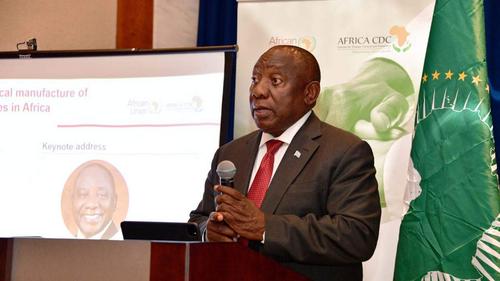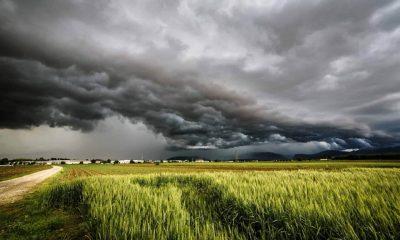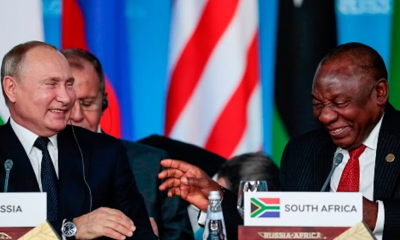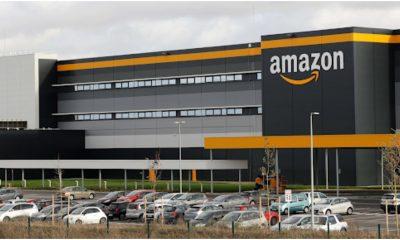News
President Urges Developed Economies to Fulfil Climate Pledges

In his recent weekly newsletter, President Cyril Ramaphosa rekindled the call for developed economies to honour their commitments to assisting developing nations on their path to low-carbon economies.
According to SANews, he tackled the pressing issue of climate change, its inequitable effects, and the responsibilities of industrialised countries.
The global consensus reached in the 2015 Paris Agreement to combat climate change. However, the world continues to witness increasingly severe and frequent climate-related crises. Ramaphosa noted that developed countries had pledged support to help developing nations transition into low-carbon, climate-resilient societies. However, this assistance has fallen short, with the promised financial aid not materialising at the necessary scale or urgency.
Ramaphosa emphasised that this isn’t solely an act of charity but a matter of economic and social justice. He pointed out that Africa bears the disproportionate burden of climate change’s consequences despite minimally contributing to global carbon emissions. He warned that the economic and social upheaval wrought by climate change could lead to heightened global instability, insecurity, and competition for essential resources like water and food.
Also read: Community Initiative Targets Jukskei River Cleanup in Buccleuch
While pressing developed nations to fulfil their obligations, President Ramaphosa also spotlighted Africa’s proactive steps to bolster its climate resilience and reduce carbon emissions. African countries are vigorously working to reshape their energy landscapes. They emphasise expanding renewable energy capacity while ensuring energy security for their citizens.
For example, South Africa has undertaken regulatory reforms that have paved the way for a robust pipeline of renewable energy projects to generate over 10 gigawatts of electricity from clean sources. The President underscored the importance of a just and inclusive transition to decarbonised economies that considers each nation’s unique circumstances and development plans.
He cautioned against specific measures, such as the European Union’s Carbon Border Adjustment Mechanism, which could increase tariffs on imports produced using carbon-intensive processes. Such actions may negatively impact developing economies like South Africa, rendering their exports less competitive globally. President Ramaphosa advocated for trade mechanisms that ensure equitable competition, suggesting that trade tariffs and non-trade barriers related to environmental concerns should be addressed through multilateral agreements.
Also read:
Picture: Facebook / The Presidency of the Republic of South Africa
Follow us on Google News.






















